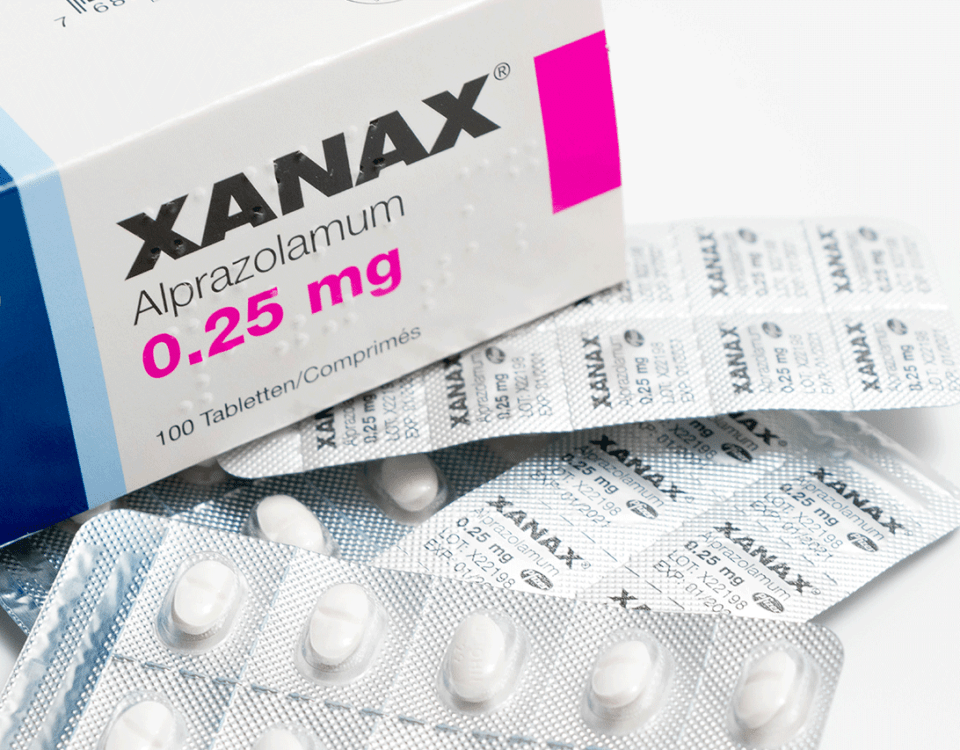The Dangers of Chlordiazepoxide Withdrawal
Certain medical treatments come with unexpected difficulties when it's time to stop taking them. This is especially true for the class of drugs known as benzodiazepines, like chlordiazepoxide. Despite the potential advantages they may have in treating a variety of diseases, the act of stopping these drugs can be quite dangerous. By examining the complex web of dangers involved, we hope to shed light on the dangerous road of chlordiazepoxide withdrawal.
Banyan Treatment Centers is here to equip you with the knowledge you need. We will help you navigate this perilous road to recovery by bringing awareness to the issue, offering crucial advice, and stressing the significance of getting expert help.
What Is Chlordiazepoxide?
Librium is the chlordiazepoxide brand name and is a benzodiazepine drug that is frequently provided to people with anxiety problems or those suffering from alcohol withdrawal symptoms. It belongs to a group of medications renowned for their hypnotic, sedative, and anxiolytic effects. Gamma-aminobutyric acid (GABA), a brain neurotransmitter that aids in promoting relaxation and reducing anxiety, is enhanced by chlordiazepoxide.
The drug’s long-acting nature offers a gradual start of effects and a prolonged duration of action. Because it reduces restlessness, tension, and insomnia, this quality makes it a recommended option for controlling anxiety disorders and resolving withdrawal symptoms from alcohol. Despite the fact that people suffering from these disorders may find chlordiazepoxide to be a successful treatment option, it is important to be aware of any hazards connected to its prolonged usage and subsequent discontinuation. A variety of withdrawal symptoms, some of which can be severe and even life-threatening if not properly treated, can result from abruptly stopping or weaning off chlordiazepoxide.
The Dangers of Benzodiazepine Withdrawal
Like most benzos, chlordiazepoxide withdrawal can present a number of physical and mental symptoms that can put a user at serious risk. The abrupt cessation or dosage reduction of benzodiazepines, which can cause the body to grow dependent on them, can result in a variety of withdrawal symptoms, from minor discomfort to life-threatening consequences.
Particularly during chlordiazepoxide withdrawal, there is a substantial risk of panic episodes, sleeplessness, rebound anxiety, and irritability. Without the right assistance and medical direction, navigating the withdrawal process can be extremely challenging due to these upsetting and overpowering symptoms.
Some common symptoms of benzo withdrawal include:
- Muscle stiffness and tension
- Nausea and vomiting
- Headaches
- Sensitivity to light and sound
- Difficulty concentrating and memory problems
- Changes in appetite and weight
- Heart palpitations and increased heart rate
- Sweating and chills
- Tingling or numbness in extremities
- Mood swings and emotional instability
- Gastrointestinal issues such as diarrhea or constipation
One of the most concerning aspects of benzodiazepine withdrawal, including ceasing chlordiazepoxide use, is the potential for severe withdrawal symptoms, such as seizures or delirium tremens (DTs). Delirium tremens refers to a severe and potentially life-threatening condition that can occur during alcohol or benzodiazepine withdrawal. They are characterized by rapid onset of confusion, hallucinations, severe tremors, increased heart rate, and agitation.
These potentially fatal side effects are more likely to occur in people who have abused alcohol or other drugs in the past or who have used high doses of benzodiazepines for an extended period of time. Medical monitoring is essential to protect the person and properly treat symptoms during withdrawal. Healthcare experts should carefully plan and supervise the tapering off of chlordiazepoxide so as to reduce risks and discomfort related to withdrawal. They can also offer the support and interventions that are required. Luckily, these services are available at a number of our Banyan rehab locations.
Recover From Benzodiazepine Abuse Safely and Effectively
For those ready to take the first steps to recover in a safe and medically monitored environment, a number of Banyan locations offer sensational benzo detox programs that help patients begin reaching their recovery goals. This is an excellent first step and often acts as a precursor to our benzodiazepine addiction treatment programs.
To learn more about the programs and therapies offered at our addiction treatment centers and how they can help, call Banyan at 888-280-4763 today.
Related Reading




















